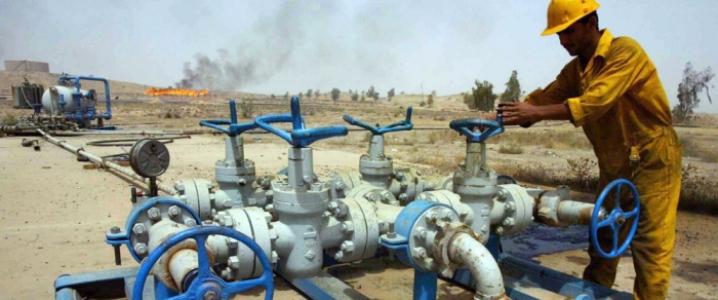Iraqi government-owned North Oil Co. and Kurdish Kar Group are cooperating on pumping the oil from two fields that halted operations following the government military action to take it over from Kurdistan Regional Government (KRG). Kurdistan forces had been there since 2014 when they ousted Islamic State militants.
The Bai Hassan and Avana oil fields near Kirkuk have been shut since October 19th, keeping at least 275,000 bpd offline. The Kirkuk-Ceyhan pipeline, operated by KAR Group, saw flows fall to 196,000 barrels a day last Thursday—down from 225,000 barrels per day the day before. Normal, non-wartime scenarios peg flow at 600,000 barrels per day.
Civilian workers at both fields were reportedly sent home following a build-up of Iraqi military forces around the sites. Oil Ministry engineers worked to replace computers and other critical equipment missing from oil fields.
Over the weekend, Iraqi authorities said they increased oil exports from the southern Basra region by 200,000 barrels per day to make up for a shortfall from the northern Kirkuk fields.
Last Tuesday, Iraq government forces completed an operation to seize control of all oil fields that Iraqi state-held North Oil Company operates in the oil-rich Kirkuk region from Kurdish forces.
The Kurdish forces, the Peshmerga, had previously held the oil fields around Kirkuk, but pulled out as the Iraqi forces advanced to the oil-rich region. The advance of the central Iraqi government forces in Dibis, home to the Bai Hassan and Avana oil fields, is part of an operation that Iraq’s Prime Minister Haider al-Abadi had ordered that sought to take control of Kurdish-held areas outside the autonomous Kurdistan region.
Related: Kurdistan Proposes Immediate Ceasefire With Iraq
Following the overwhelming support for Kurdish independence in the referendum, the Kurdistan Regional Government (KRG) is seeking dialog to resolve all issues and has not declared independence in any part of Kurdistan. Iraq, for its part, says that the referendum is unconstitutional. On Thursday, Kurdistan authorities offered to freeze the result of September's referendum on independence and begin dialogue with Baghdad.
Kirkuk is the center of the struggle between Baghdad and Erbil as oil revenues are pretty much main income for the Kurds.
By Damir Kaletovic for Oilprice.com






















































